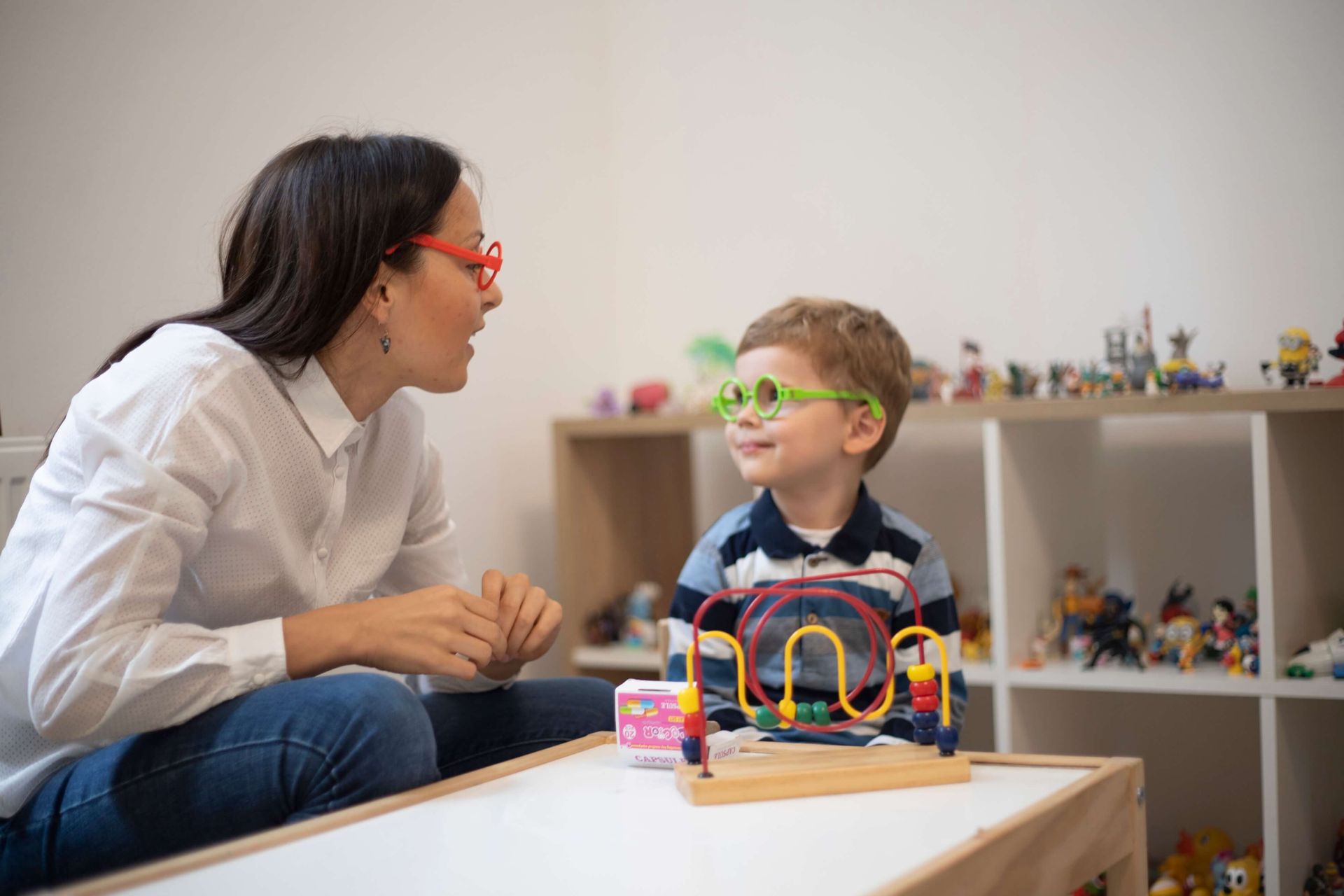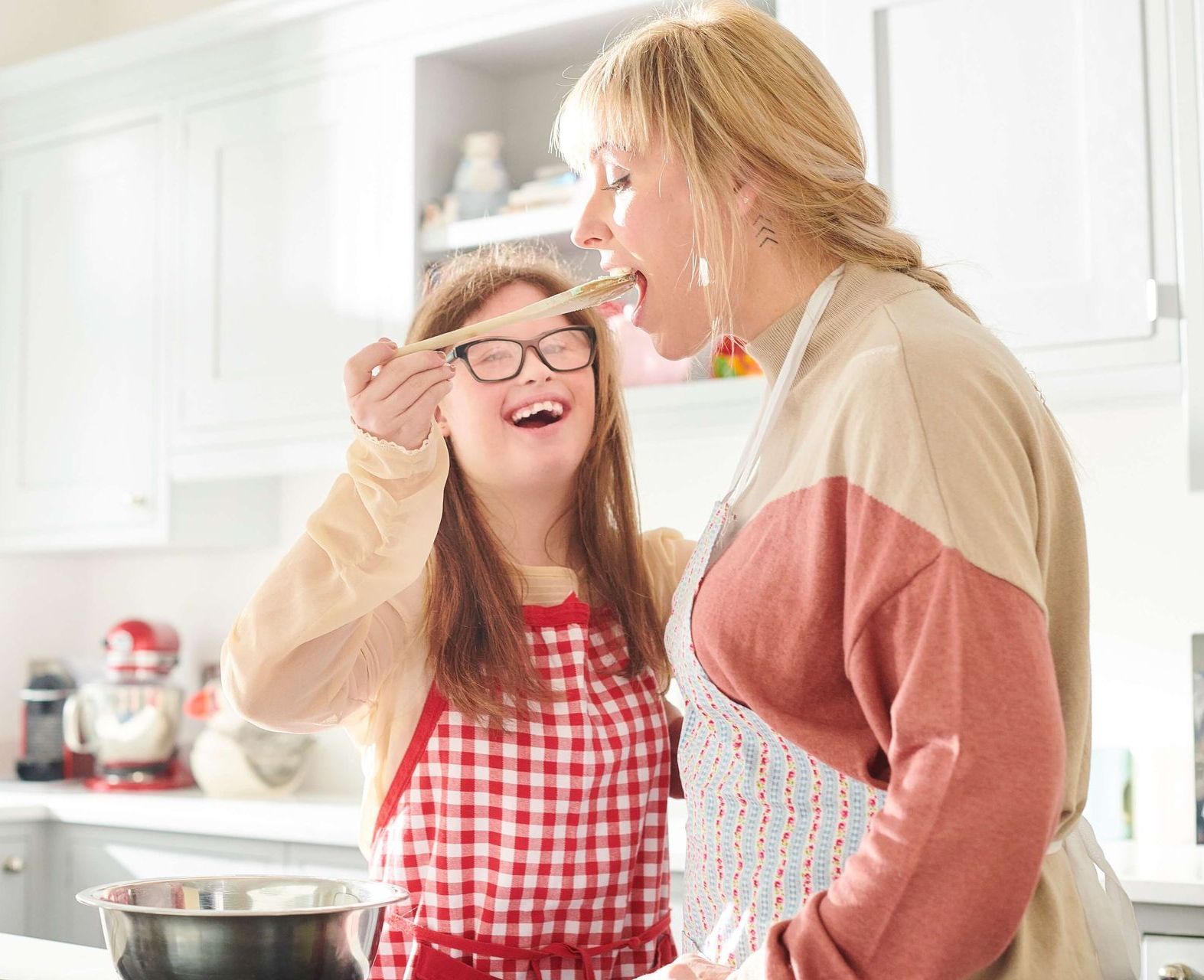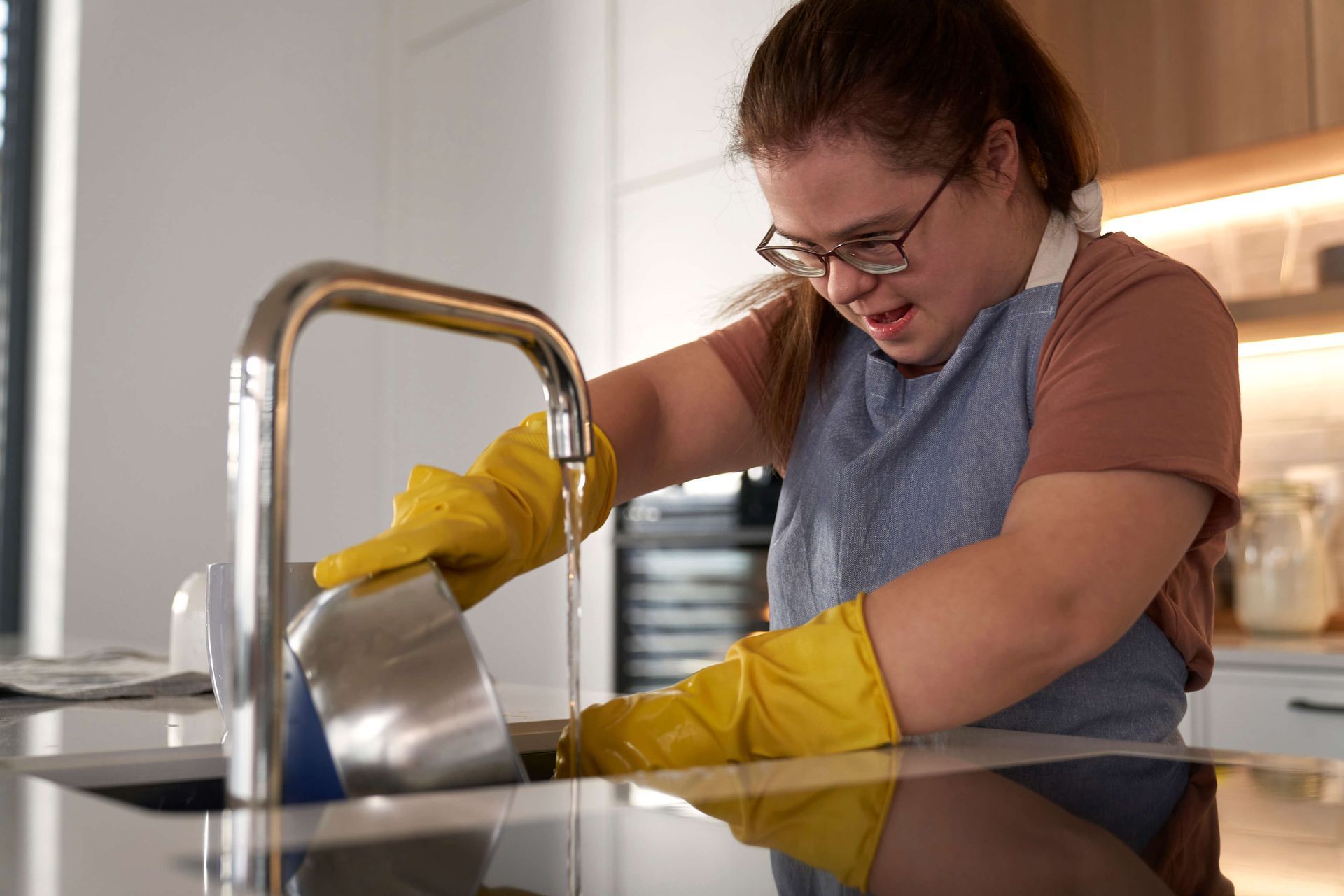OT supporting young adults and adults may focus on slightly different goal areas such as:
Continuing to build and refine fine motor skills to improve independence in everyday tasks.
Emotional regulation and strategies to enable an individual to overcome barriers they may face accessing the community due to psychosocial and mental health challenges.
Social skills and engagement within the community to enhance connections and supports in someone’s life.
Developing employment readiness and job skills to enable an individual to seek and maintain a meaningful job.
Budgeting skills to support someone’s financial independence and decision-making abilities.
Routine management and seeking paid/unpaid opportunities to engage within the community and build up an individual’s meaningful participation.
Cooking skills and building independence to prepare meals at home. Other domestic tasks such as cleaning skill development can also be supported through OT.
Assistive technology (AT) and equipment prescription to build someone’s independence and reduce reliance on informal or paid supports. AT is extremely broad and diverse and there are so many options available to support. Examples can include kitchen aids such as electric can/ jar openers, adapted knives and kettles, wheelchair and mobility aids, electric beds, sensory aids, and much more.
OTs can support NDIS participants to engage in suitable housing options depending on their circumstances, allowing them to live independently or in shared accommodation with supports.
OTs can also support an individual to initiate and complete minor and major home modifications to allow them to remain in their home with independence.





